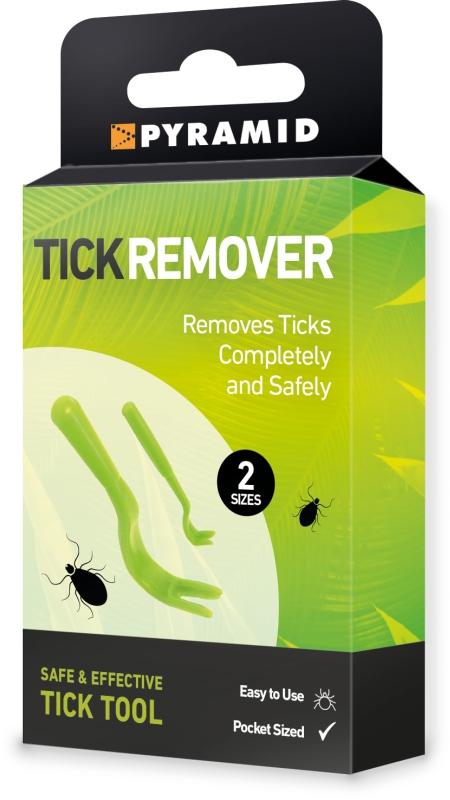- Details
- Written by: Active Traveller Staff
What to look out for
Ticks are small, blood sucking arthropods, which if left undisturbed can feed on human blood for around 5-7 days before dropping off. Their bites are usually painless and most people will only know they have been bitten if they see a tick feeding on them. Ticks are often as small as a full stop on a page or a poppy seed, so they can be hard to spot.

How do you come into contact with ticks?
Ticks don't jump or fly, but wait until an animal or person brushes past to climb on. They then bite to attach to the skin and start to feed on blood. It may take several days to complete their blood meal, before they drop off.
Ticks can be found throughout the year, but are most active between spring and autumn.
Why are Ticks Dangerous
If you love the outdoors make sure to check your skin for ticks when you return inside, especially if you have ventured into long grass. Remove ticks quickly from the skin to reduce the chance of developing a tick-borne disease. In the UK an infected tick bite most commonly leads to Lyme borreliosis (Lyme Disease). The disease can be found over most of the UK and is common in mainland Europe and the United States.
Lyme Disease is caused by the bacteria group Borrelia burgdorferi and is caught by humans following a bite from an infected tick. Symptoms of the infection can include a red circular rash, flu-like symptoms, nausea, joint and muscle pain, and more rarely neurological and cardiac problems.
How to Avoid Tick Bites
• Keep to paths and marked out trails, avoid long grass and vegetation
• Avoid sitting on the ground
• Keep covered up with long-sleeved clothing and tuck trousers into socks
• Wear light coloured clothing, so you can see ticks crawling on you
• Check for ticks regularly, paying attention to folds in the skin where they could hide
• Brush off ticks you see on clothing before they have a chance to bite
• Treat backpacks, tents and outdoor kit with a treatment like Pyramid's Ecoguard Fabric Spray
• Apply a DEET or Saltidin® based insect repellent like Pyramids Midge & Tick repellent to exposed skin
• Ticks can remain in clothing – so wash and tumble dry clothes on a high heat after use
How to Remove Ticks Quickly
Ticks should be removed using clean pointed tweezers, cotton thread or a tick removal tool. Gently grip the tick as close to the skin as possible. Pull steadily upwards, away from the skin, without twisting. Take care not to pull too hard or to crush the tick. Place the tick in a small jar to make identification easier. If the tick’s head or any part gets stuck in your skin, seek medical attention.

Pyramid tick remover
After removal use an antiseptic ointment to clean the bite area and wash hands. If you get ill within 1-2 weeks of a tick bite, mention it to your doctor.
Do not try to burn the tick off or remove ticks with your fingers. Also don’t apply petroleum jelly, alcohol, or nail varnish remover, as this could stimulate the tick to regurgitate infected material into the skin which may increase the risk of infection.
The Health Protection Agency report that the number of cases of Lyme disease is on the rise in the UK, so it is important to try and protect yourself while at home and abroad.
 Trek Midge & Tick
Trek Midge & Tick
Trek Midge & Tick contains 20% micro-encapsulated Saltidin® for great protection, it also has added moisturising plant extracts. Made using advanced time-release technology, once applied to the skin the repellent is released slowly over the period of wear to give all day protection for up to 12 hours.




